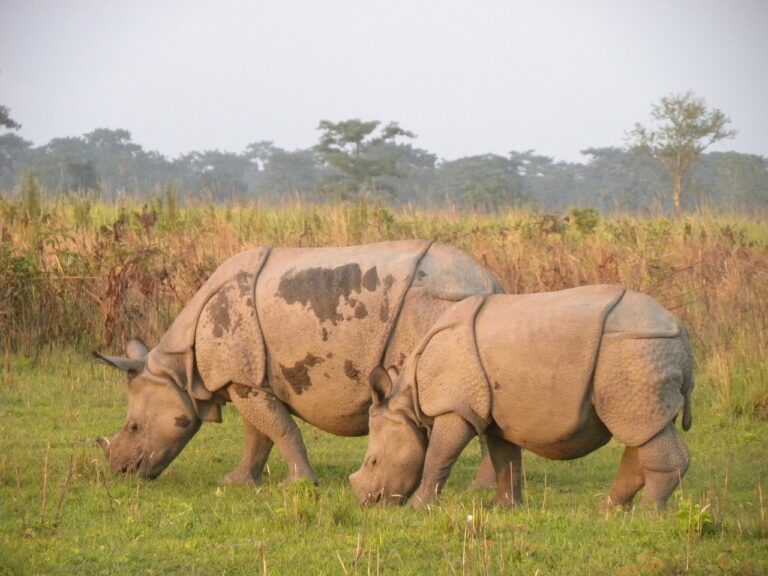Political Leaders Who Played Cricket
It is fascinating how the world of cricket has intertwined with the realm of politics, with several notable leaders having a background in the sport. The skills honed on the cricket field seem to have seamlessly translated into the political arena for these individuals.
Their ability to strategize, lead a team, and face challenges head-on, all crucial qualities in politics, were seemingly ingrained in them during their cricketing days. This unique blend of sporting prowess and political acumen has set these leaders apart, allowing them to navigate the complexities of governance with finesse and determination.
Mahinda Rajapaksa’s Cricket Connection
Mahinda Rajapaksa, the former President of Sri Lanka, has a unique connection to cricket that often goes unnoticed in the political arena. Rajapaksa’s interest in the sport dates back to his youth, where he actively participated in cricket matches within his community. This early exposure to cricket played a significant role in shaping his love for the game and laid the foundation for his later involvement in the sport on a national level.
As his political career progressed, Rajapaksa continued to maintain close ties to cricket, becoming a prominent figure in the cricketing community of Sri Lanka. His support for the sport went beyond mere spectating, as he actively promoted cricket development initiatives and contributed to the growth of the game at the grassroots level. Rajapaksa’s dedication to cricket not only showcased his passion for the sport but also served as a means to connect with the people of Sri Lanka on a shared cultural interest.
Imran Khan: From Cricket Pitch to Political Arena
Imran Khan, the legendary cricketer from Pakistan, made a seamless transition from the cricket pitch to the political arena. Known for his charisma on and off the field, Khan captained the national cricket team to its first-ever World Cup victory in 1992, solidifying his status as a sports icon in the country.
Following his retirement from cricket, Imran Khan ventured into politics, establishing the Pakistan Tehreek-e-Insaf (PTI) party in 1996. His vision for a corruption-free and prosperous Pakistan resonated with many, leading to a rise in popularity and eventually culminating in his election as the 22nd Prime Minister of Pakistan in 2018. Khan’s journey from sports to politics serves as a testament to his leadership qualities and determination to bring about positive change in his homeland.
How did Imran Khan transition from the cricket pitch to the political arena?
Imran Khan started his political career after retiring from cricket in 1992. He founded the political party Pakistan Tehreek-e-Insaf (PTI) in 1996 and gradually rose to prominence in Pakistani politics.
Are there any other notable political leaders with a background in cricket?
Yes, there are several other notable political leaders with a cricket background. For example, Mahinda Rajapaksa, the former President of Sri Lanka, also had a connection to cricket before entering politics.
What impact did Imran Khan’s cricket career have on his political success?
Imran Khan’s successful cricket career helped to elevate his public profile and increase his popularity among the people of Pakistan. Many saw him as a charismatic and capable leader due to his achievements on the cricket field.
How has Imran Khan’s experience as a cricketer influenced his leadership style in politics?
Imran Khan’s experience as a cricketer has influenced his leadership style by instilling qualities such as teamwork, discipline, and strategic thinking. He often draws parallels between the two fields in his speeches and policies.







